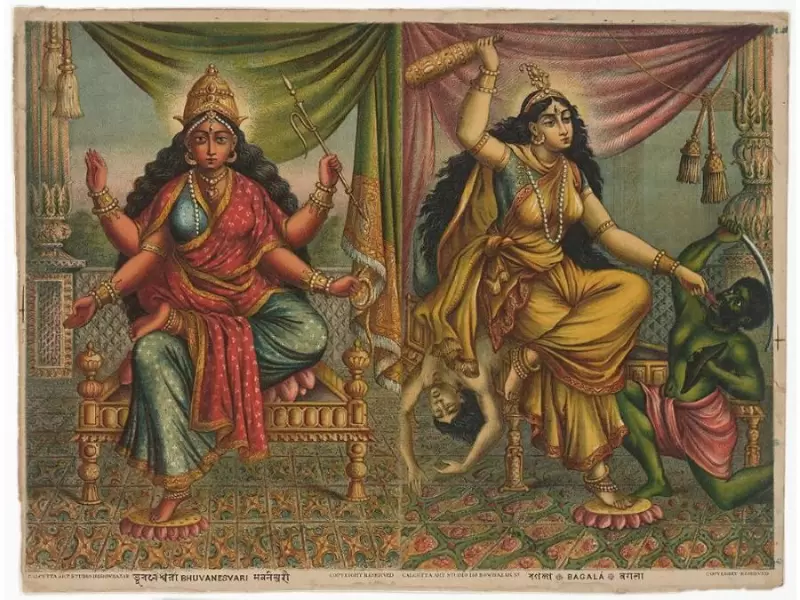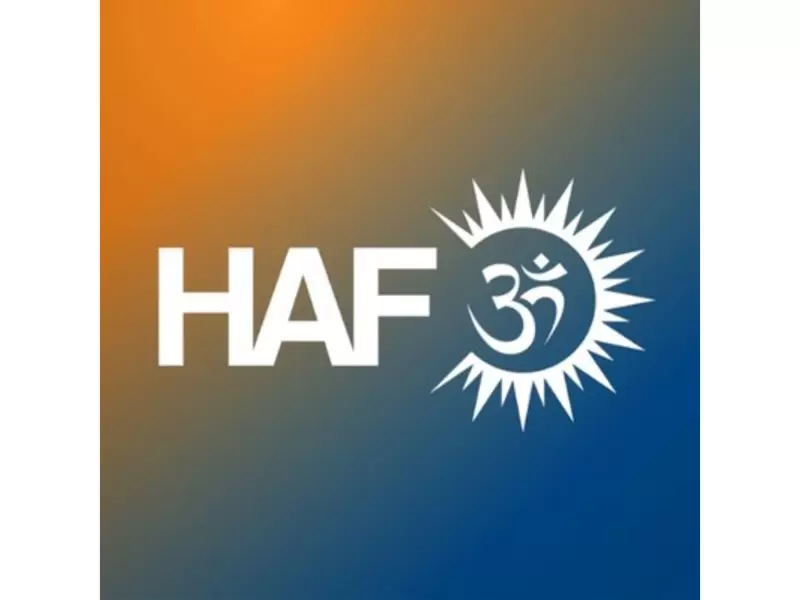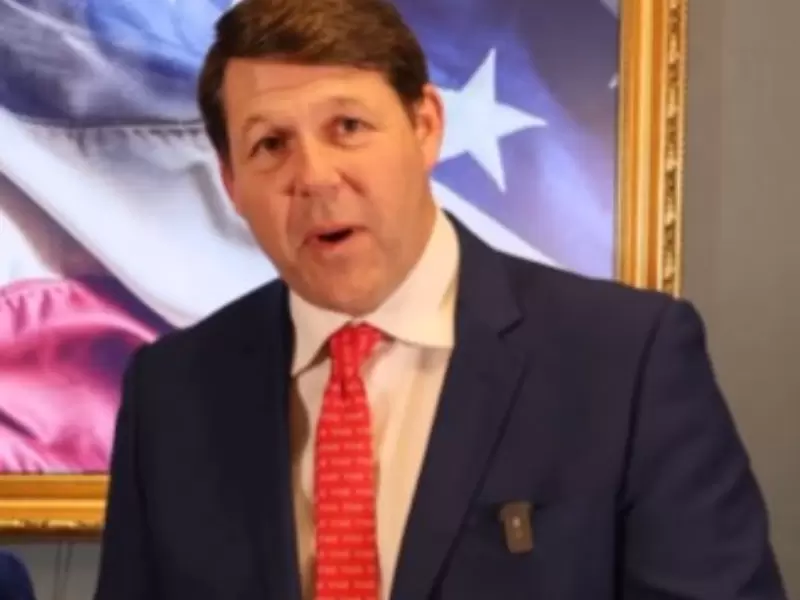Foreign origin social media apps are a major threat to global security
There are multiple ways in which social media can be exploited to give a desired direction to public discourse and cause consequent ripple effects.
 Representative Image / AI generated using Perplexity
Representative Image / AI generated using Perplexity
Over the past few years, social media has become the center of a heated global debate, especially over its hidden risks and political influence. The issue takes on even greater weight in today’s shifting geopolitical landscape. The United States has been vocal about the dangers of foreign-owned platforms and even moved to ban TikTok last year—though the ban barely lasted a day.
Now, Washington and Beijing are in talks over a deal that could see TikTok’s U.S. operations handed over to an American company. With around 180 million users in the U.S. and 1.5 billion worldwide, TikTok’s enormous reach and opaque inner workings have left governments on high alert about the potential for foreign meddling and manipulation.
Since the advent of the 21st century, the central role played by social media in instigating, proliferating, and organizing political contention across the world has been a well-documented phenomenon- be it the Green Movement in Iran and the Arab Spring movements in West Asia that heavily relied on Twitter (now X) to the recent Nepal uprising wherein TikTok, Instagram, and Discord emerged as prominent tools in the hands of the agitators.
The incredible brevity of expression, ease of access, and swiftness of reach provided by social media make it a potent medium for decentralized public interaction, often couched as neutral or ‘apolitical’ in character. The kind of ingress that these platforms have made into people’s homes and minds is unprecedented and therefore, also lends extraordinary powers to those who can manipulate them for their interests.
There are multiple ways in which social media can be exploited to give a desired direction to public discourse and cause consequent ripple effects. The most obvious one is the unrestrained nature of the medium which facilitates easy and quick proliferation of misinformation and disinformation, leading to dangerous social discord. Although taking advantage of the fluidity of social media and its democratization of access and expression, its operators feign innocence when taken to account for the spread of malicious content on their platforms, the actual story is much murkier.
By designing the algorithm such that it goes after more and more user engagement without any discernment or filter for inaccurate or hateful posts, platform operators profit off of a digital ecosystem which thrives on clickbait-y, controversial, and polarizing content. This is why Facebook faced the heat for its engagement-based algorithmic systems which allowed actors linked to Myanmar military and Buddhist nationalist groups to inundate incendiary content against Rohingya Muslims on the platform which eventually led to their mass expulsion from the country in 2017.
It is bad enough that this kind of algorithm that is tailored around user inclinations and prior engagement creates digital echo-chambers, skews one’s hold on reality, and encourages extremities of opinion, eventually amplifying existing fault-lines in society.
What is worse is that increasingly, state and corporate actors are exploiting the algorithm to create and promote specific types of content, for a variety of purposes, from influencing public opinion, instilling instability in targeted regions, to even swaying election outcomes, as was seen in the Cambridge Analytica scandal. The mammoth amounts of data that become available to the operators of social media gives them unparalleled powers to affect public discourse on economic, geopolitical, and social matters, and at a speed and scale never seen before in history.
Moreover, with tools such as bots, targeted amplification, and AI-generated content, the digital landscape has become the new battleground for state actors, whether they are state-sponsored hackers, foreign intelligence agencies, or authoritarian governments, to manipulate the masses and divide, mislead, or control public opinion.
Another dimension here is the overwhelmingly younger demographic that makes up the majority of the users of these platforms. In their formative years, when young people are in the process of formulating their perspectives, the allure of social media captures their imagination and renders them extremely vulnerable to manipulation.
Particularly TikTok, which is an app that began as an entertainment forum of quick, catchy videos, thriving on instant gratification and rapid, shallow, and addictive consumption, has turned into a platform for aggressive political discourse, the origins of which are not always organic.
Notably, under Chinese law, the government may potentially direct social media companies to grant it access to their user data, on grounds of national security and other matters, which is why this has been boiling issue in the past years. Some countries, including India, have also banned the app, over fears of manipulation and interference by Chinese actors.
With emerging irrefutable research about the role of foreign-origin social media applications in spreading misinformation, distorting public opinion, sowing social and political discord, and even cause instability and upheaval, it is imperative for countries to exercise utmost urgency and caution in dealing with this new-age weapon. As much as social media is necessary, valuable, and inescapable in this day and age, its dangers also cannot be ignored.
Therefore, countries must come together and work collaboratively to institute safeguards in place against algorithmic manipulation and weaponization of information by malicious actors, in order to protect the integrity of our societies.
The writer is an author and columnist. He has authored more than 15 books including a book titled "Taliban: War and Religion in Afghanistan"
(The views and opinions expressed in this article are those of the author and do not necessarily reflect the official policy or position of New India Abroad)
ADVERTISEMENT
ADVERTISEMENT
E Paper
Video




1744362597.jpeg) Arun Anand
Arun Anand













Comments
Start the conversation
Become a member of New India Abroad to start commenting.
Sign Up Now
Already have an account? Login